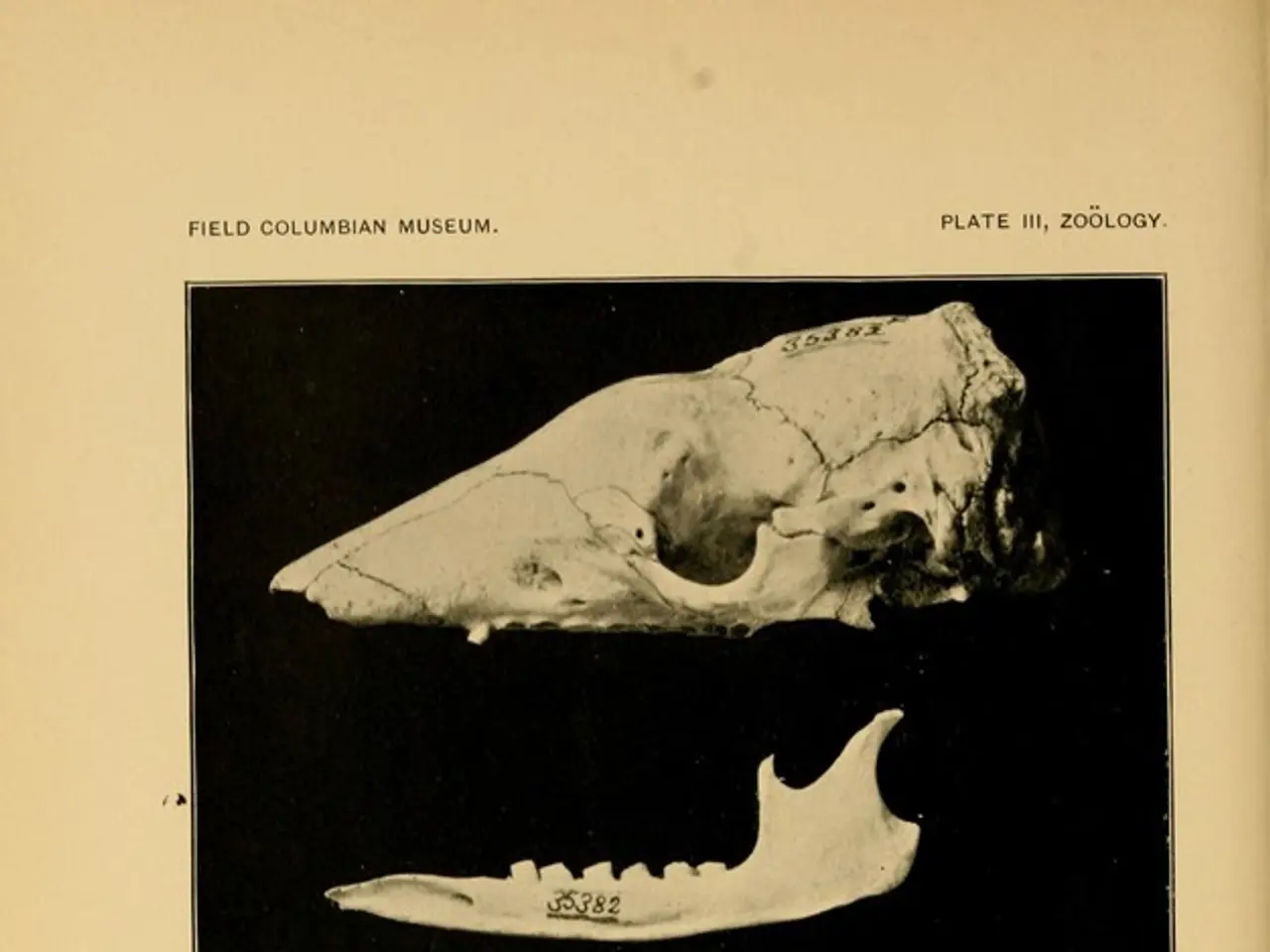Osteoporosis not classified as an autoimmune disease
The immune system plays a significant role in the development of osteoporosis, a bone disease characterised by weakened bones and an increased risk of fractures.
The immune system and bone systems share similar regulatory mechanisms, and molecules supporting bone growth. In autoimmune disorders, chronic inflammation and immune dysregulation contribute to increased bone resorption and decreased bone formation, thereby promoting osteoporosis.
Immune cells like T cells and B cells secrete RANKL (Receptor Activator of Nuclear Factor Kappa-B Ligand), which stimulates osteoclast differentiation and activity, leading to enhanced bone resorption. In conditions such as estrogen deficiency (e.g., postmenopause), there is an upregulation of pro-inflammatory cytokines—including TNF-α, IL-1β, IL-6, and IL-17—that increase RANKL expression and create a chronic inflammatory state that accelerates bone loss.
Autoimmune diseases such as rheumatoid arthritis and systemic lupus erythematosus are associated with persistent systemic inflammation that elevates these cytokines, thereby increasing fracture risk and reducing bone mineral density. Moreover, autoimmune diseases causing chronic inflammation alter the immune microenvironment in bone tissue, further promoting osteoclastogenesis.
Several underlying conditions, including rheumatoid arthritis, inflammatory bowel disease, and other autoimmune disorders, can increase a person's risk of developing osteoporosis. In addition, low levels of estrogen or testosterone, slender body type, certain medications, a diet low in calcium and vitamin D, and lifestyle factors such as smoking and excess alcohol consumption can also contribute to the development of osteoporosis.
It is important to note that osteoporosis is not an autoimmune condition itself, but autoimmune cells may directly affect bone density by altering bone formation. People assigned as female at birth generally have a higher risk of osteoporosis, and white and Asian females have the highest risk.
These insights highlight the immuno-inflammatory basis of osteoporosis and suggest potential therapeutic targets within immune pathways for managing or preventing osteoporosis linked to autoimmune conditions. If you have concerns about conditions that can increase your risk of osteoporosis, it is best to contact your doctor.
Read also:
- Overweight women undergoing IVF have a 47% higher chance of conceiving naturally post-weight loss
- What temperatures may make walking your canine companion uncomfortable?
- Alcohol consumption and the connection to esophageal cancer: An exploration of links and potential hazards
- Eye treatments for Drusen: Insights and expansions






